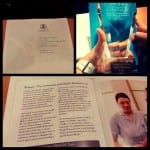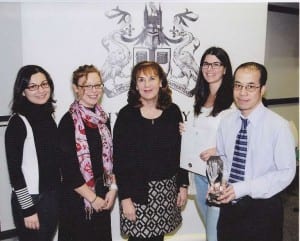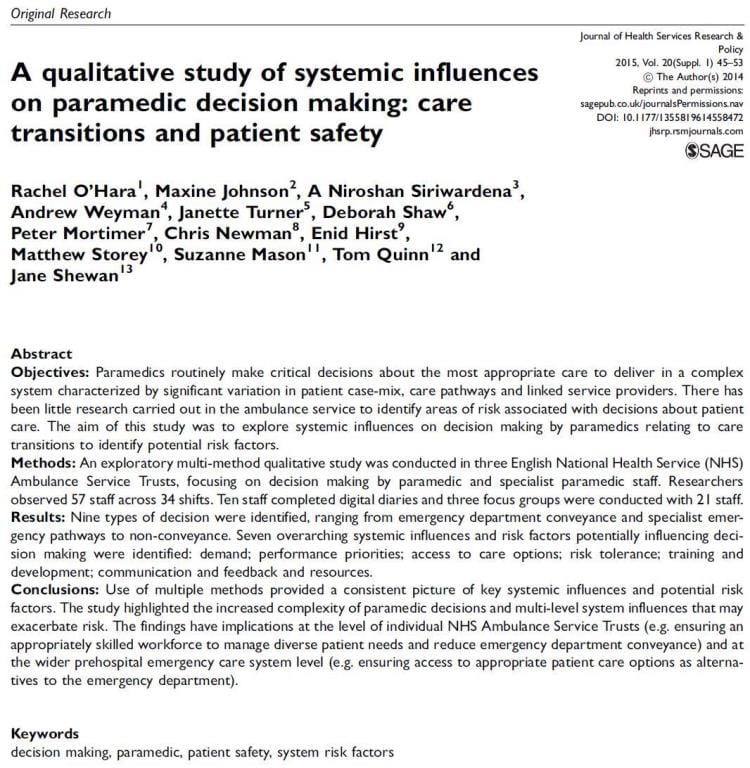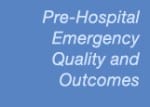 On Thursday 3rd September 2015 I was fortunate enough to attend the EMUA Student Conference hosted by The Graduate School at the University of Lincoln. The annual conference provides an excellent opportunity for postgraduate students across the region to network and present their research to their peers in a supportive, inquisitive and encouraging environment.
On Thursday 3rd September 2015 I was fortunate enough to attend the EMUA Student Conference hosted by The Graduate School at the University of Lincoln. The annual conference provides an excellent opportunity for postgraduate students across the region to network and present their research to their peers in a supportive, inquisitive and encouraging environment.
There was representation from the Universities of Lincoln, Loughborough, Leicester, Derby, Nottingham and De Montfort University, Leicester. The multi-disciplinary nature of the conference meant that students were able to learn about research that could be similar to their own work in terms of subject but also could be completely different in topic and methodology.
The morning began with a fascinating key note from Dr Helen Zulch from the School of Life Sciences at the University of Lincoln. Dr Zulch talked about ‘scholarship and the many faces of impact’ and drew upon her own research expertise in veterinary behavioural medicine as an example of how academic research can impact on both society and individuals. One of the key messages of the presentation was that ‘whatever our motivation, the knowledge and experience that we gain through our research has the potential to impact on others’. Dr Zulch highlighted the fact that even if our research legacy is simply that we instilled an interest and motivation in others to pursue a research career then this is something to be proud of.
 Throughout the day there were parallel sessions of oral presentations given by the student delegates. I attended some really interesting talks around subjects as diverse as ‘The gay tree of life: an interdisciplinary approach to homosexuality research’ to ‘Stakeholder perspectives of collaborative working and street works management’. I gave a presentation entitled: ‘Engaging with patients and NHS staff to develop a Patient Reported Experience Measure (PREM) for use in NHS ambulance services’. The theme of the conference ‘impact and collaboration’ enabled me to concentrate on an element of the research process that I hadn’t previously considered in much detail. The opportunity to focus in on this within my presentation will be beneficial during those crucial thesis writing days!
Throughout the day there were parallel sessions of oral presentations given by the student delegates. I attended some really interesting talks around subjects as diverse as ‘The gay tree of life: an interdisciplinary approach to homosexuality research’ to ‘Stakeholder perspectives of collaborative working and street works management’. I gave a presentation entitled: ‘Engaging with patients and NHS staff to develop a Patient Reported Experience Measure (PREM) for use in NHS ambulance services’. The theme of the conference ‘impact and collaboration’ enabled me to concentrate on an element of the research process that I hadn’t previously considered in much detail. The opportunity to focus in on this within my presentation will be beneficial during those crucial thesis writing days!
The conference concluded with four finalists (at university level) of the three minute thesis competition presenting to the whole delegation. The aim of the competition is for students to effectively explain their research in ‘language appropriate to a non-specialist audience’. It draws upon their communication skills and ability to ‘cut to the chase’. The presentations were outstanding and the way in which the students drew the audience in with their engagement skills was fantastic.
Overall, I came away from the conference having made several new contacts, gained renewed confidence in my work and an optimistic view of PhD life in the East Midlands. The Graduate School here at the University of Lincoln did a great job of organising the day and ensuring that everything ran smoothly so thank you graduate school! I look forward to next year’s conference…
Fiona Togher










